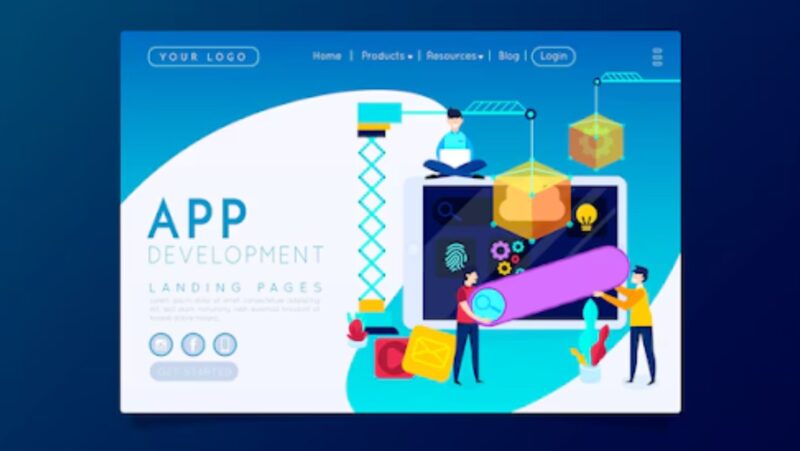
In today’s health care realm, the implementation of advanced technology plays a pivotal role in transforming hospital operations and patient outcomes. From digital records to robotic surgery tools, cutting-edge innovations are setting new standards.
Importance in Current Healthcare Environments
Modern technology is not just a facilitator but a crucial backbone in hospitals. It allows medical professionals to provide more precise and efficient care. One such example is liquid potassium, a vital medication that is now easier to administer and track thanks to automated dispensing systems.
Enhancements in Patient Care
Real-time Health Monitoring Systems
These systems keep a continuous watch on patient vitals, delivering updates to caregivers instantly. This immediate data stream enables quick reactions to any changes in a patient’s condition, potentially saving lives.
Robotic Surgery and Automation
Robotic arms, guided by skilled surgeons, perform complex procedures with precision surpassing human capabilities. This automation not only improves outcomes but also reduces recovery times.
Telemedicine and Remote Diagnostics
Telemedicine has revolutionized patient consultations, making healthcare accessible from the comfort of home. Remote diagnostics extend this reach, allowing specialists to evaluate patients across distances, ensuring timely treatment.
Operational Efficiency and Cost Reduction
Electronic Health Records (EHR)
EHRs eliminate the need for paper, which not only reduces waste but also enhances the accessibility and security of patient data. This digital shift is essential for efficient hospital management.
Inventory Management Systems
Such systems ensure that the right medical supplies are available when needed, reducing waste and cutting costs.
They also help in maintaining a balance between demand and supply of critical medicines and tools.
Energy-Efficient Hospital Design
Hospitals are large consumers of energy. With new technology, buildings are designed to consume less power while maintaining a healing environment, reducing operational costs significantly.
Improved Diagnosis and Treatment
AI-driven Diagnostic Tools
Artificial intelligence enhances the ability to diagnose diseases accurately and swiftly. AI algorithms analyze patterns in data far quicker than humanly possible, leading to earlier and more accurate diagnoses.
Advanced Imaging Technology
Imaging techniques like MRI and CT scans have become more precise, thanks to technological advancements, providing clearer, more detailed views of the human body, aiding in accurate diagnosis and treatment planning.
Personalized Medicine and Genomics
The field of genomics has enabled personalized medicine, where treatments are tailored to the genetic makeup of individual patients, increasing the effectiveness of treatments and minimizing side effects.
Patient Safety and Risk Management
Error Reduction Technologies
Technology reduces human error in medication administration and surgical procedures, directly impacting patient safety positively.
Enhanced Infection Control
Automated systems and robotics help maintain sterile environments in hospitals, crucial for preventing infection spread among patients and staff.
Compliance with Safety Standards
Technology ensures that hospitals meet stringent safety protocols, from drug management to surgical procedures, maintaining a safe environment for both patients and healthcare providers.
Challenges and Considerations
Integration with Existing Systems
Integrating new technologies with existing hospital systems poses significant challenges but is essential for seamless operation and maximized benefits. This process often involves upgrading outdated software and ensuring compatibility across different platforms, which can be both time-consuming and costly.
The integration must be handled delicately to avoid disruptions in patient care services, necessitating a well-strategized approach that involves all stakeholders.
Training and Adaptation for Staff
Adapting to new technologies requires comprehensive training for hospital staff, which not only demands significant time and financial investment but also a commitment to continuous learning.
As technology evolves, ongoing education and support become crucial to ensure that all users are proficient and can leverage these tools to enhance patient care effectively. This adaptation also involves a cultural shift within the organization, encouraging a mindset that embraces innovation and change.
Data Security and Privacy Concerns
With the increased use of digital systems in hospitals, protecting patient data becomes paramount. The risks of data breaches and cyber-attacks are higher than ever, which can compromise patient confidentiality and the hospital’s credibility.
To counter these risks, hospitals must implement robust security measures, including encryption, secure access protocols, and regular audits. Staff must be trained on the importance of data security and the best practices for maintaining patient privacy to ensure that all data handling is compliant with legal and ethical standards.
Future Trends and Innovations
Predictive Analytics in Patient Care
Predictive analytics anticipate health events before they occur, allowing for proactive care and better management of chronic conditions.
Developments in Nanotechnology
Nanotechnology is poised to offer breakthroughs in drug delivery systems and tissue repair, opening new avenues in medical treatment.
Expanding Use of Wearable Health Tech
Wearable devices continue to advance, providing patients and doctors with vital health metrics that assist in everyday health management and emergency situations.
In conclusion, the integration of cutting-edge technology in hospitals is transforming the landscape of healthcare. These advancements not only enhance patient care and safety but also improve operational efficiencies, making hospitals more effective and adaptive to future challenges. As technology continues to evolve, the potential for further improvements in healthcare remains vast.














